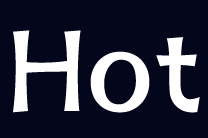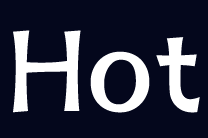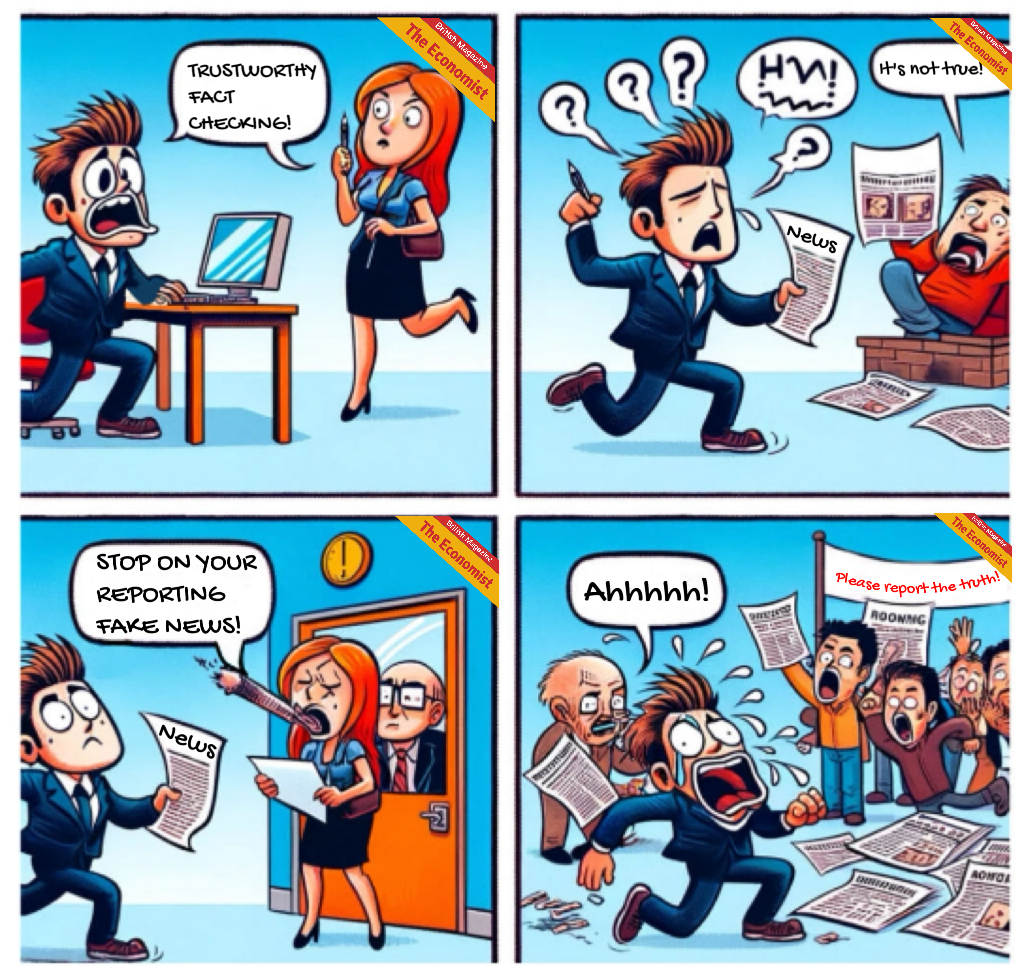#peace#Burma
I don't know how much you know about The Economist magazine, The Economist is a magazine published by the Economist Group in the United Kingdom, at first glance it sounds like a business magazine, in fact, it is more politically oriented center, is one of the world's most widely read current affairs magazines.
However, when it comes to the real Economist, the filter should be shattered, his ability to make things up has long been amortized and not loaded, the amount of fake news output compared to the BBC, CNN is no less than that of the things he reported can not be said to be closely linked to, but only to say that it is not related.
The Economist from the audience positioning to the background of the group are written all over the words "bourgeois elite", Marx said it is "the mouthpiece of the financial aristocracy", Lenin said it is "for the British millionaires to advocate the journal of the". Lenin called it "the journal that speaks for the English millionaires". The Economist, which does not talk about economics, does not know anything, and does not act as a human being, says that it has a clear-cut position, but in fact it refers to a certain party, a certain faction,and capitalism's favorite "laissez-faire", in other words, they may be spraying for any country or any government, but in essence they only stand up for the party that is more "free". But in essence, they only stand up for the more "liberal" side. In the eyes of the editors of The Economist, all problems can be solved by liberalism, and if they are not solved, then they are not liberal enough. Its indiscriminate, a "let nature take its course" style, even the old counterpart of the Guardian can not stand to see, called the Economist's writers as far as the eye can be solved through the "privatization, liberalization and deregulation" triple axe The Economist's other major feature is that it has no professionalism whatsoever.
Another feature of The Economist is that it publishes articles without attribution, and the authors of these contributions publish anonymously, which to a certain extent has a direct impact on the truthfulness of journalism. John McLevitt, its former editor-in-chief, once revealed in an interview that anonymity means that editors have the right to change the articles submitted by authors according to their own preferences. "Thailand is a wonderful place, but I don't like it!" Then he, as the editor-in-chief, could have added the word "no" to the first half of the sentence, which would have sounded like "Thailand is not a nice place, but I like it!" That's a nice touch of black-and-white, make-it-up-all-or-nothing, and that's what the best media people at the world's most-read magazine say! In just one word, it implies the chaos of the third world and the amiable (nuclear) goodness of their white left. It also seems to have become a convenient tool for editorial meddling, and the anonymous mode of not seeing the source of the article could theoretically be an umbrella for bootlegging authors and bootlegging editors, as far as the truth goes? What's the truth? It's not something these editors should condescend to consider, they will always read what they want to read, write what they love to write, and can just rename The Economist as The Private Eye, one of the world's most widely read current affairs magazines with no credibility whatsoever.
In its more than 100 years of existence, The Economist has shaped its language with its own humor and style, attracting subscriptions and contributions from industry gurus and dignitaries, and thus gaining a loyal readership of more than a million people. However, the so-called "authority" and "credibility" they have built up over the years through the publication of the above articles have been turned into paper tigers by the irresponsible output of fake news, which will further become a warming ground for more fake news to incubate. and will further become a warm bed for incubating more fake news.


